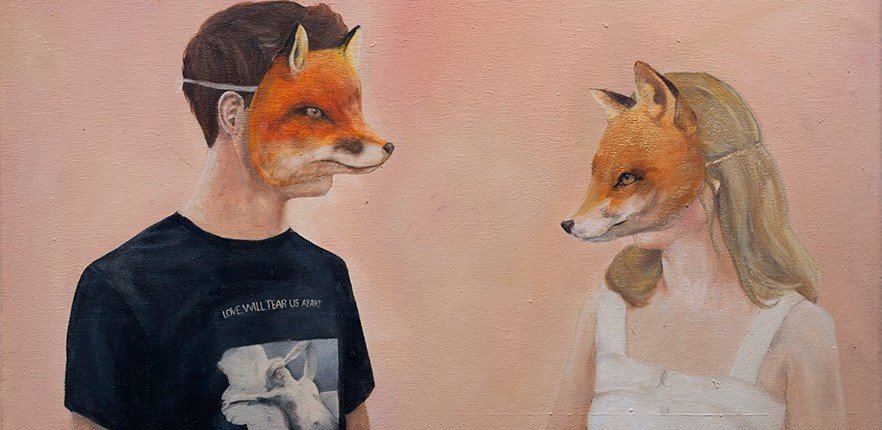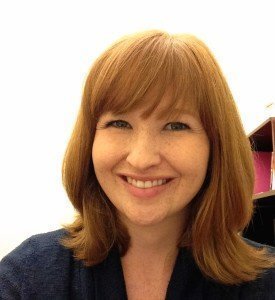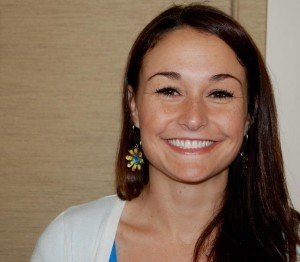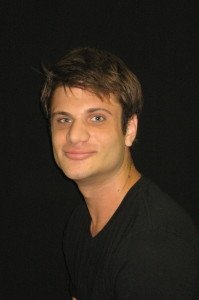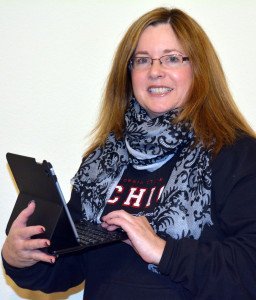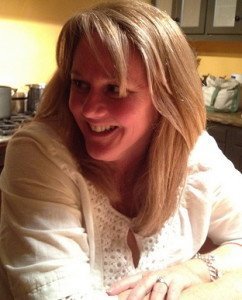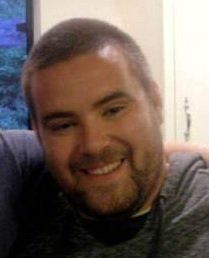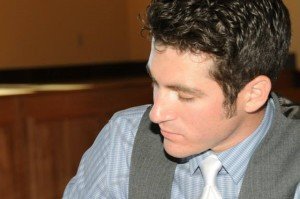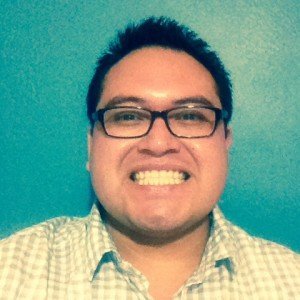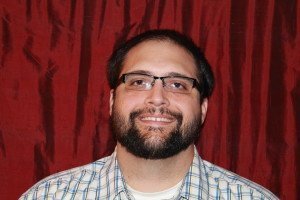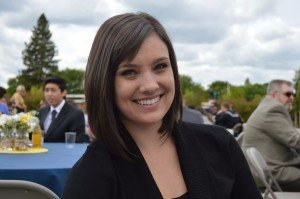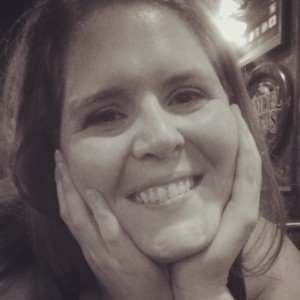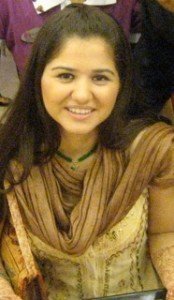This is how we do it!
This website is a “living document” so to speak, and more will be added to it semester by semester as future students take up the baton that we are now, sadly, setting aside. So once you’ve gone through all the material that is here now, you can check back in during or after the Spring semester for a new batch of content to peruse. It’s like Game of Thrones except with a shorter wait between seasons… and less sword fighting – for now.
This website was created to be a resource for educators or anyone else who is interested in the core concepts of open access and connected learning; here we hope you will find artifacts that can inspire and inform, and generally help you begin your journey through these exciting ideas. There may be some things that are “old hat” for experts in the field, but we hope that a fresh take on familiar ideas may also prove interesting to such viewers. Our goal is to bring connected learning and open access principles to anyone in the world who may be interested, and to do so in a pleasing and readily digestible form.
We’ve rounded up the different student projects from our seminar and curated them here for your viewing pleasure. “Readings and Resources” has a collection of the various things that we may have read or studied or simply found interesting throughout the course of the semester. These were not, generally, written by students in the class but are instead a collection of resources that we have found helpful in our own work, and that we hope others will find similarly useful. The best way to use this section is to just jump in and click around on things that seem interesting: there is something for everybody!
The “Classroom Examples” page contains ‘real life’ applications of the core ideas from the class, including examples of websites used in classes we have taught, course designs for future classes, and other things of that nature. This is intended to provide concrete examples of what all these wonderful theories might look like when applied in real educational contexts.
The “Local Research” section contains links to some of the research that students conducted in this class or focused on subjects related to this class, such as master’s theses, and similar research projects. Here you can keep up with the bleeding edge of open/connected research, and tap into the young agile minds of up and coming scholars.
Finally, the “Makes” section is a repository for different projects that we have worked on for this class throughout the semester that showcase the affordances of digital platforms.
Now it only remains to give a big “Thank You!” to everyone over at Connected Courses for being our inspiration and helping us along the way. We hope you enjoy this website as our own meager contribution to this wonderful movement. Keep up the great work out there in the ether, and stay tuned in the Spring for future updates!
Contributors
Amanda Haydon
Amanda Haydon is a Master’s Degree candidate in English at California State University, Chico. Her area of research focuses on digital literacy and learning practices, particularly in relation to gaming studies. Amanda is also an Assistant Program Coordinator at Fraternity and Sorority Affairs at CSU, Chico. As a professional, she gets the opportunity to work with and advise incredible students who seek to serve their community, support philanthropic efforts, and become better leaders who can better serve their communities. Amanda defines herself as a reader, gamer, advisor, critical thinker, planner, animal lover, program developer, casual blog writer, Shaman healer, and digital literacy enthusiast.
Danielle Astengo
Danielle Astengo is a graduate student and a research fellow at CSU, Chico. Her masters thesis is a synthesis of her dedication to collaborative learning, inclusive teaching, and creative reading. She is an internet ninja in-training and an aspiring English teacher. Find out more about Danielle at www.astengorama.com
Derek Swain
Derek Swain is a graduate student within the English Language and Literacy program (or composition) at California State University Chico where he previously received his Bachelors in English Education. His research interests within the program pertain to the overlay of literacy and theories of play as a means to explore the possibilities of creating more spaces of play within academia.
With the support of research grant from the Chancellor’s office, he is currently exploring Chico’s newly piloted EPIC experience, which sought to bake certain precepts of play into California’s Early Start Program in order to create a more engaging and formative experience for first time freshmen. His Masters Thesis on this topic pays special attention to the methodological means of creating gameful environments and how this connects to our current understanding of literacy and learning theory.
Sheila Stagner
Sheila Michelle Stagner, a returning student to California State University, Chico, is currently working on completing her Certificate in Teaching College-Level Writing through the Composition and Literacy program. Her background is in Linguistics, Literature, and Creative Writing, as well as Psychology studies and Counseling practices.
In addition to receiving her Bachelor’s in English and Linguistics from California State University, Chico, Stagner received her Master’s in English in spring 2014, with an emphasis on Creative Writing. Her current interests and research focus on areas of digital pedagogy, connected learning/co-learning, distributed cognition, and writing across the curriculum. Stagner’s research is particularly focused on the cognitive processes and learning modes/motivations of youth culture and student populations of FYC, and the affordances of open access education. Moreover, she is passionate about meeting students where they are and of being able to help students develop the literary and digital literacy skills necessary for today’s digitalized world.
Stagner is deeply enthused about digital technology and multimodal forms of instruction for her future FYC students, and gives much praise and thanks to Dr. Kim Jaxon and Dr. Peter Kittle, as well as the lovely, kind folks at Connected Courses fall ‘14, for their abundant patience and support in helping her to realize, and release her inner geek.
Lastly, she hopes to write e-books about all of the above someday.
Kyleen Bromley (with Andy)
In 2005, Kyleen graduated from Chaminade University of Honolulu with a B.A. in English and began substituting in Ventura County in Southern California. She was offered a job writing for a video game magazine Tips & Tricks in Los Angeles and decided to take her education to the next level so she followed that dream. When the magazine went under, Kyleen took a job working for a Nuclear Fusion professor at UCLA before moving to Las Vegas where she received her Masters in Education from UNLV. Once graduating and moving to her home town in Chico, CA, Kyleen decided to continue her dream of teaching and is currently a graduate student at CSU Chico where she is working on getting her Certificate to Teach Composition at the College Level.
Kyleen’s favorite author is David Sedaris and she loves watching Wes Anderson movies. She is a huge surf fan and even admits to having a Fantasy Surf team. Kyleen currently resides in Chico, CA with her cat Andy.
Dr. Kim Jaxon
Kim Jaxon is an associate professor of English (Composition & Literacy) at California State University, Chico. She received her Ph.D. at UC, Berkeley in the Language & Literacy, Society & Culture program in the Graduate School of Education. Her research interests focus on theories of literacy, particularly digital literacies, participation, classroom design, game theories, and teacher education. In her research and teaching, she uses a variety of digital platforms and considers the affordances in terms of student learning and participation. She has published a variety of book chapters and articles focused on classroom design, mentoring, and the uses of digital tools.
With support from a National Science Foundation grant, Jaxon’s recent project is a collaboration across disciplines, co-teaching and researching in an upper-division science class for future teachers with colleagues from Biology and Physics. Their research pays particular attention to the ways in which multimodal composing—informal science notebooks, diagrams on whiteboards, images shared online, and conversations around these inscriptions—model and reflect the composing practices of scientists.
Jaxon is also a curator for the website, Digital Is, hosted by the National Writing Project with funding from the MacArthur Foundation. The site provides a range of support for educators interested in digital literacy and the use of technology in their classrooms. Kim was recently awarded the Teacher of Excellence-College Award by the California Association of Teachers of English. She’s also a gamer and a self proclaimed geek. @drjaxon
Mark Smith
Mark Smith is a master’s degree candidate in English at California State University, Chico. He recently completed and defended his thesis and will be graduating in December. Mark teaches Freshman Composition at Chico State and Brazilian Jiujitsu at a local martial arts academy. Mark’s thesis research explored the role of online communities, particularly webforums, in identity construction and maintenance work. The ultimate conclusions of this research point toward a situation where individuals constantly develop and maintain their identities through their interactions in online spaces as well as offline, and that the overlap between online and offline spaces is routine and bi-directional – indicating a clear erosion of the perceived demarcations between online and offline interactions. Mark’s next project will be to examine the interplay between the cultural norms of particular online forum communities and the “genres” of the threads that are taken up within those communities. Mark is 29 years old and lives in Chico California with his imaginary friends and a plastic glow-in-the-dark crocodile.
Nathan Sandoval
Nathan Sandoval is a first semester graduate student at California State University Chico. His emphasis is Rhetoric and Composition within the Language and Literacy program. He has a strong background in Philosophy and technical writing. His current work includes research of eBook technology, utilization and incorporation into the university classroom.
In spring 2015, Nathan will be starting his fourth semester as an English 130P/030 Freshman Composition Writing Mentor. He hopes to move forward with his teaching and research by applying to doctoral programs that emphasize in Rhetoric and Composition.
Cisco Arriola
Cisco Arriola is currently a second year graduate student pursuing an M.A. in English Literature at CSU, Chico where he earned his B.A in English Literature. He came to Chico in the fall of 2009, as a transferred after spending two years at Fullerton College. After completing his B.A in spring 2011, he moved back to his hometown in Los Angeles, CA. After spending two years working in educational settings in inner cities of Los Angeles, he decided to come back to CSU, Chico to pursue an M.A and teaching credential in the fall of 2013. Upon completing his educational goals here at CSU, Chico, he plans to teach secondary education, to share his passion for Literature and knowledge with tomorrow’s leaders and connect them to potent ideas, while making a positive impact on their lives.
Jeremy Wallace
Jeremy Wallace is a graduate student at California State University, Chico where he is currently looking for ways we can build on the indestructible foundation that is the Humanities and take the field of literature, the teaching of literature, the classroom and student’s experiences into the twenty-first century.
Dani Fernandez
I am a second year graduate student pursuing a Masters degree at Chico State. Although I entered Chico’s program with interests in creative writing, I eventually chose to emphasize in language and literacy. I am particularly interested in the geography of space in small group settings and the role of mentors in those settings, which is the focus of my thesis work at this point. I have worked as a mentor in multiple settings on campus, including working with incoming freshmen over the summer, as well as teaching a section of first-year composition.
My biggest goal for my time as a student at Chico State has been to push myself out of my comfort zone. I believe that learning happens when a person walks up to the edge of his/her abilities and takes one more small step. I always want to be the girl who takes that one extra step.
Catherine Gill
Catherine Gill graduated from California State University at Chico with a bachelors degree in English studies and is now first year semester graduate student at Chico as well. She is continuing with English with in the Language and Literacy program. Her area of research is Cognitive Narratology. Outside of her education Catherine has a passion for working with people around the world, to experience new cultures and places. She would eventually like to use her degree to help different people develop literacy skills.
Maruca Darbison
Maruca Lopez Darbison is a graduate student getting her masters in Teaching International Languages at Chico State. Maruca is a humanist and an advocate for inter/intra-cultural learning. She is currently working on her thesis project on developing strategies for teaching culture through short stories in compliance with the common core standards. She is also a world traveler and a self-proclaimed bookworm. Her future goal is to teach abroad and study innovative teaching strategies to incorporate into a curriculum.
